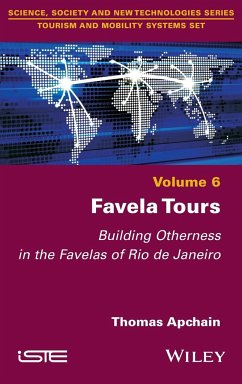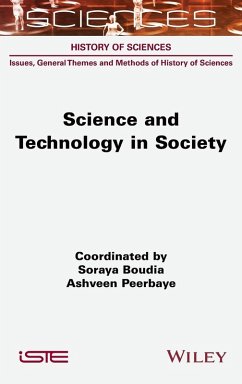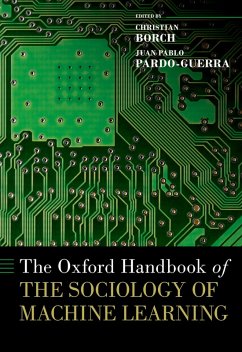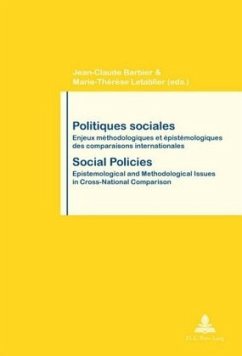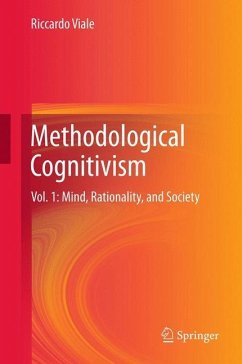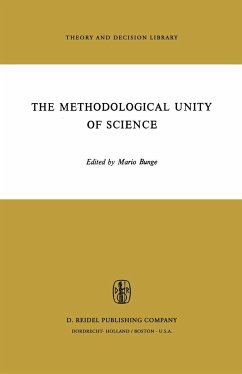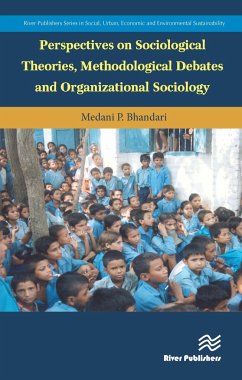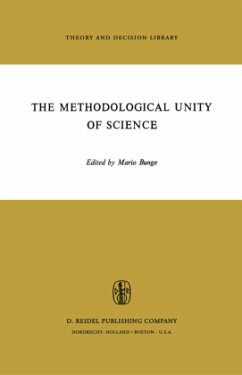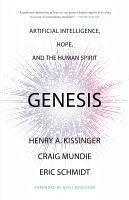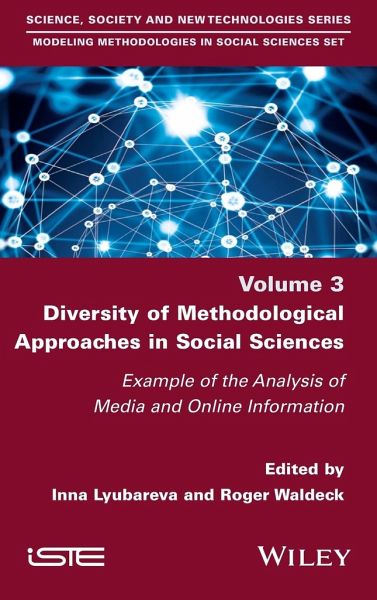
Diversity of Methodological Approaches in Social Sciences
Example of the Analysis of Media and Online Information
Herausgeber: Lyubareva, Inna; Waldeck, Roger
Versandkostenfrei!
Versandfertig in über 4 Wochen
148,99 €
inkl. MwSt.
Weitere Ausgaben:

PAYBACK Punkte
74 °P sammeln!
As with many rapidly evolving areas, research on pluralism in media and information makes use of appropriate interdisciplinary approaches that consider diverse and interdependent factors. These considerations include new economic constraints, journalistic production, networked technologies, online social interactions, new forms of discourse, consumer preferences and practices, and the specificities of information markets. This book presents and assesses several methodological approaches that have proven to be valuable in the study of transformations in media and information. Some are well-know...
As with many rapidly evolving areas, research on pluralism in media and information makes use of appropriate interdisciplinary approaches that consider diverse and interdependent factors. These considerations include new economic constraints, journalistic production, networked technologies, online social interactions, new forms of discourse, consumer preferences and practices, and the specificities of information markets. This book presents and assesses several methodological approaches that have proven to be valuable in the study of transformations in media and information. Some are well-known in social sciences (e.g. qualitative analysis by interviews), whereas others come from different disciplines and remain rare and original (e.g. agent-based modeling). By focusing on various dimensions of the media and information pluralism, this book pulls together methods based on network analysis, agent-based modeling and sociosemiotics, as well as qualitative and legal approaches. Each of the five chapters introduces a specific method and its relevance for the analysis of a particular research question.





